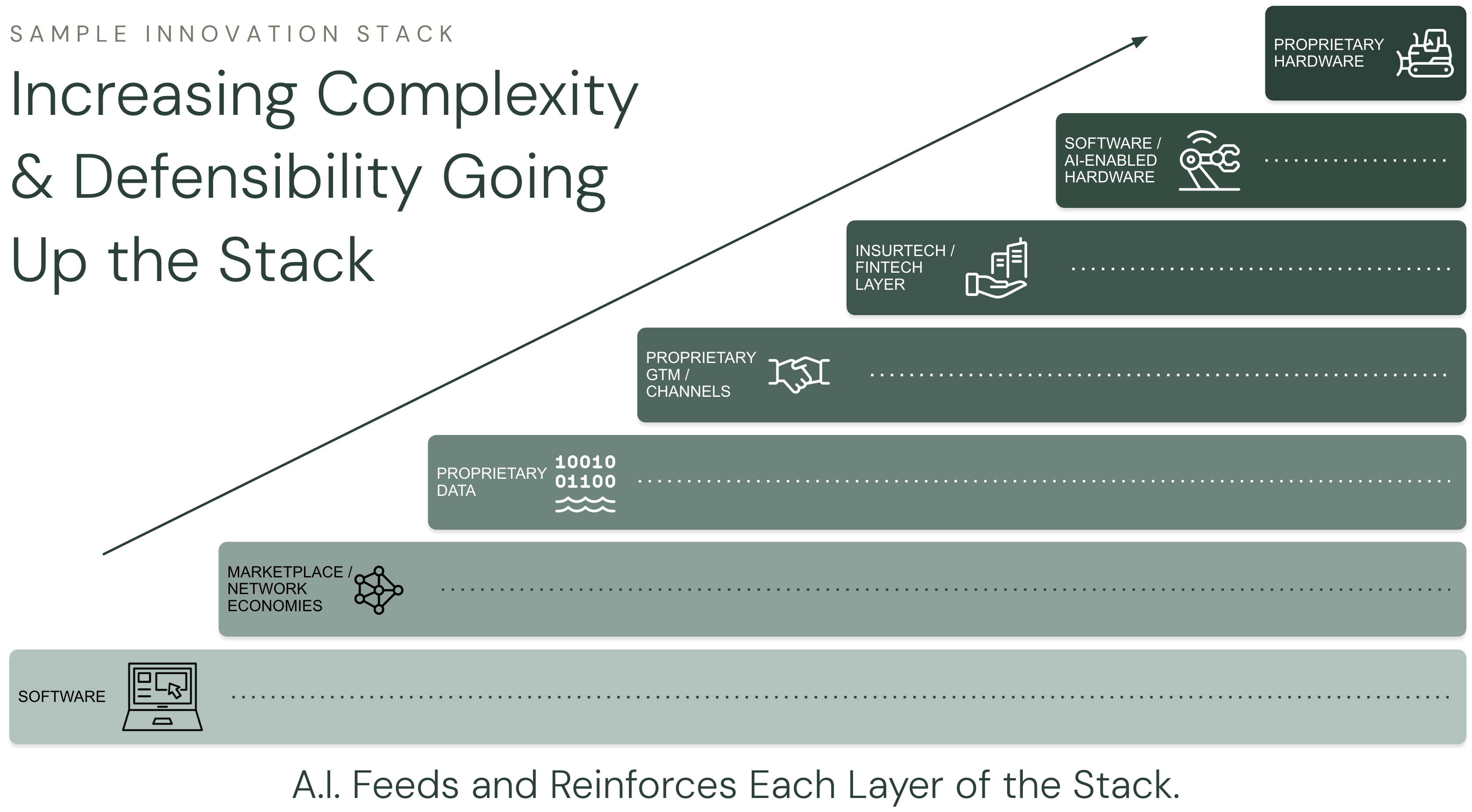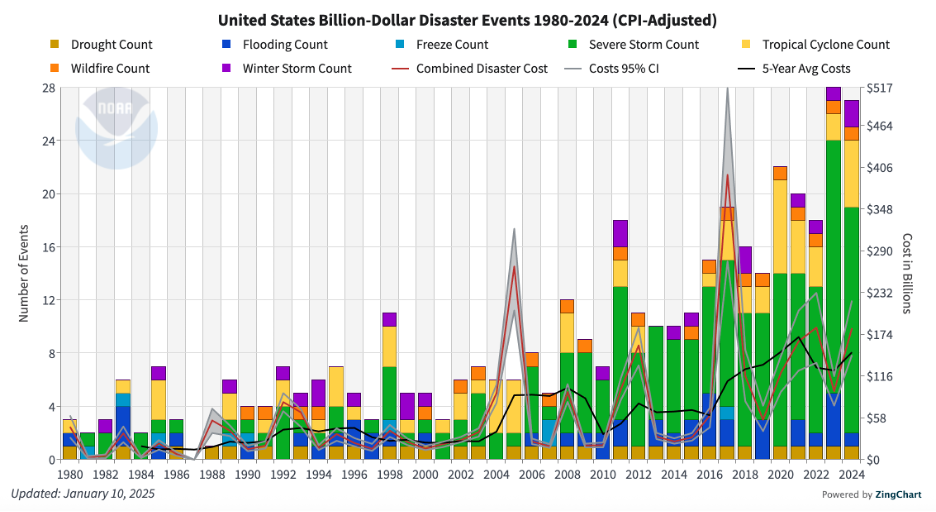Lessons From The Greats - Christmas Edition: Jeff Bezos
By
Virta Ventures
ON
December 25, 2023

In this Christmas edition of "Lessons from the Greats," we focus on Jeff Bezos, the Santa Claus of online shopping. It's estimated that a whopping 97% of online shoppers in the U.S. purchase some of their Christmas gifts on Amazon. Bezos, the mastermind behind Amazon, transformed it into a global online retail powerhouse, the world's largest logistics company, and the leading provider of cloud computing services.
Customer Obsession - A hallmark of Bezos's strategy is Customer Obsession. He and Amazon put their customers first, aspiring to be "earth's most customer-centric company." Bezos was known for personally reading customer emails and ensuring responses and actions were taken, emphasizing starting with an optimal customer experience and working backward to develop products and services.
At Virta, we seek founders who exhibit deep empathy for their customers. What should this look like? Hundreds of prospective customer interviews and countless hours understanding their pain points and workflows before developing any solutions. Virta’s investment often comes before the product is built, but after the founders can clearly articulate a broad product vision and detailed feature set, informed by that deep customer empathy.
Long-term orientation - In his first ever Letter to Shareholders in 1997, Bezos stated “We will make investment decisions in light of long-term market leadership considerations rather than short-term profitability considerations or short-term Wall Street reactions.” This wasn't just rhetoric; Amazon operated at nearly breakeven for 22 years until 2016, as it built insurmountable moats and delighted customers with free/fast shipping and affordable cloud computing.
This long-term focus aligns with a focus on constants: customers will always desire low prices, fast delivery, and a wide selection. As Bezos said, “When you can figure out the things that are going to remain true under almost all circumstances, then you can put energy into them.”
Virta's core thesis revolves around constants — climate change will remain a global challenge, and thousands of startups will need early-stage funding to tackle these challenges. We are committed to supporting them.
Innovation, Invention and Wandering - Bezos said, "If you double the number of experiments you do per year, you’re going to double your inventiveness." He embraced learning through a "cascade of experiments and mistakes and failures,” even boasting that he'd made billions of dollars of failures at Amazon, which were deemed inconsequential in the grand scheme.
Our founders aren’t fortunate enough to have billions of dollars to spend on learnings and failures, but they have to embrace “wandering” at the earliest stages, until they find product market fit.
As Bezos said, “wandering in business is not efficient-but it's also not random. It's guided-by hunch, gut, intuition, curiosity, and powered by a deep conviction that the prize for customers is big enough that it's worth being a little messy and tangential to find our way there. Wandering is an essential counterbalance to efficiency. You need to employ both. The outsized discoveries-the "nonlinear" ones-are highly likely to require wandering.”
We aim to back founders who are fast and efficient “wanderers”.
Day 1 - Harkening back to Bezos’s 1997 Shareholder Letter and a theme ever since, the Day 1 mentality represents a perpetual startup culture, continuous invention, customer obsession, and long-term thinking - encapsulating all the points above. For Jeff, “Day 2 is stasis. Followed by irrelevance. Followed by excruciating, painful decline. Followed by death. And that is why it is always Day 1."
Identifying the Day 1 mentality in founders isn’t hard, identifying whether they can build a Day 1 culture and sustain it for years to come is much harder.
Decision Making Frameworks - Several decision making frameworks have been touted by Bezos and Amazon, all great models for founders and investors alike.
- Regret minimization framework - The framework is simple: imagine you are 80 years old looking back on your life and a specific decision, what would you regret more? For Bezos that key decision was whether to start Amazon or not - should he stick with a comfortable job or attempt to start a new business in the emerging world of online commerce?
- 70% Information Rule: Bezos advocates for making decisions with about 70% of the information - striking a balance between speed and informed decision-making, accepting some level of uncertainty and risk. Waiting for 90-100% of the information is often too slow in a fast-moving business environment.
- Data Overrules Hierarchy: Ensuring decisions are made based on data, not seniority.
- One-Way vs. Two-Way Doors: This concept distinguishes between reversible (two-way) and irreversible (one-way) decisions. Bezos has always stressed a bias for action and moving forward with decisions quickly, especially when they involve two-way door scenarios. In contrast, one-way door decisions, which are significant and harder to reverse, require more careful, thorough consideration - perhaps a six-page memo…
Six-Page Memos - Amazon's six-page memo practice, initiated by Bezos, involves crafting detailed, narrative-style documents for meetings, replacing slides and bullet points, promoting clear communication, deep understanding, and critical thinking.
The six-page memo is a powerful tool when appropriately tailored to the stage and resources of a business. At Amazon, the expectation is that these six-page memos should take 1-2 weeks of drafting and feedback before presented. Founders need to know which critical one-way / irreversible decisions require such a process.
The Two-Pizza Team Rule: Bezos introduced the concept – small teams that could be fed with two pizzas. This was intended to keep teams small, agile, and effective, fostering innovation, efficiency, and tight communication.
At Virta, we encourage teams to strive for a capital-efficient version of the two-pizza team rule - getting to $1M in ARR (and hopefully product market fit) with a two-pizza team. Holding to this rule should equate to the company being default alive.
Frugality and Ownership Mindset: Bezos's principle of frugality is vividly illustrated by its use of door-desks, a symbol of the company's commitment to cost-saving and resourcefulness. This approach is deeply ingrained in Amazon's culture, as demonstrated by an early Amazon exec suggesting that executives flying frequently should be allowed to fly business class. In response Bezos slammed his hand on the table and said, "That is not how an owner thinks. That's the dumbest idea I've ever heard.”
At Virta, we recognize that a typically capital efficient business model (like SaaS) in the hands of the wrong founding team can be very capital intensive. We look for founders who are frugal yet willing to thoughtfully accelerate spending when necessary, always putting customers first.
Preferring Conflict Over Agreement: "If I have to choose between agreement and conflict, I'll take conflict every time," Bezos often said. “It always yields a better result." This fostered an environment where ideas were critically evaluated and debated.
At Virta, we assess how founders handle conflict, seeking those who embrace and foster it for better outcomes.
More from and about Jeff Bezos:
- Jeff Bezos on the Lex Fridman Podcast
- The Everything Store: Jeff Bezos and the Age of Amazon
- Amazon Unbound: Jeff Bezos and the Invention of a Global Empire
- Invent and Wander: The Collected Writings of Jeff Bezos
- Check out David Senra’s Founders episodes on the above books
- Jeff Bezos on The David Rubenstein Show
insights
We regularly publish thought pieces where we share lessons from renowned investors and delve into strategies for investing in the transformation of vital physical industries.







